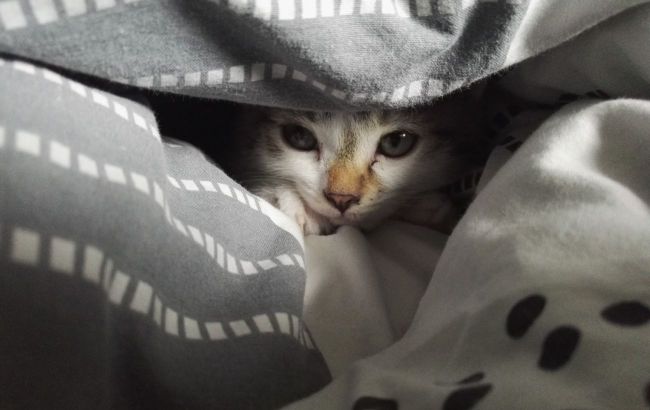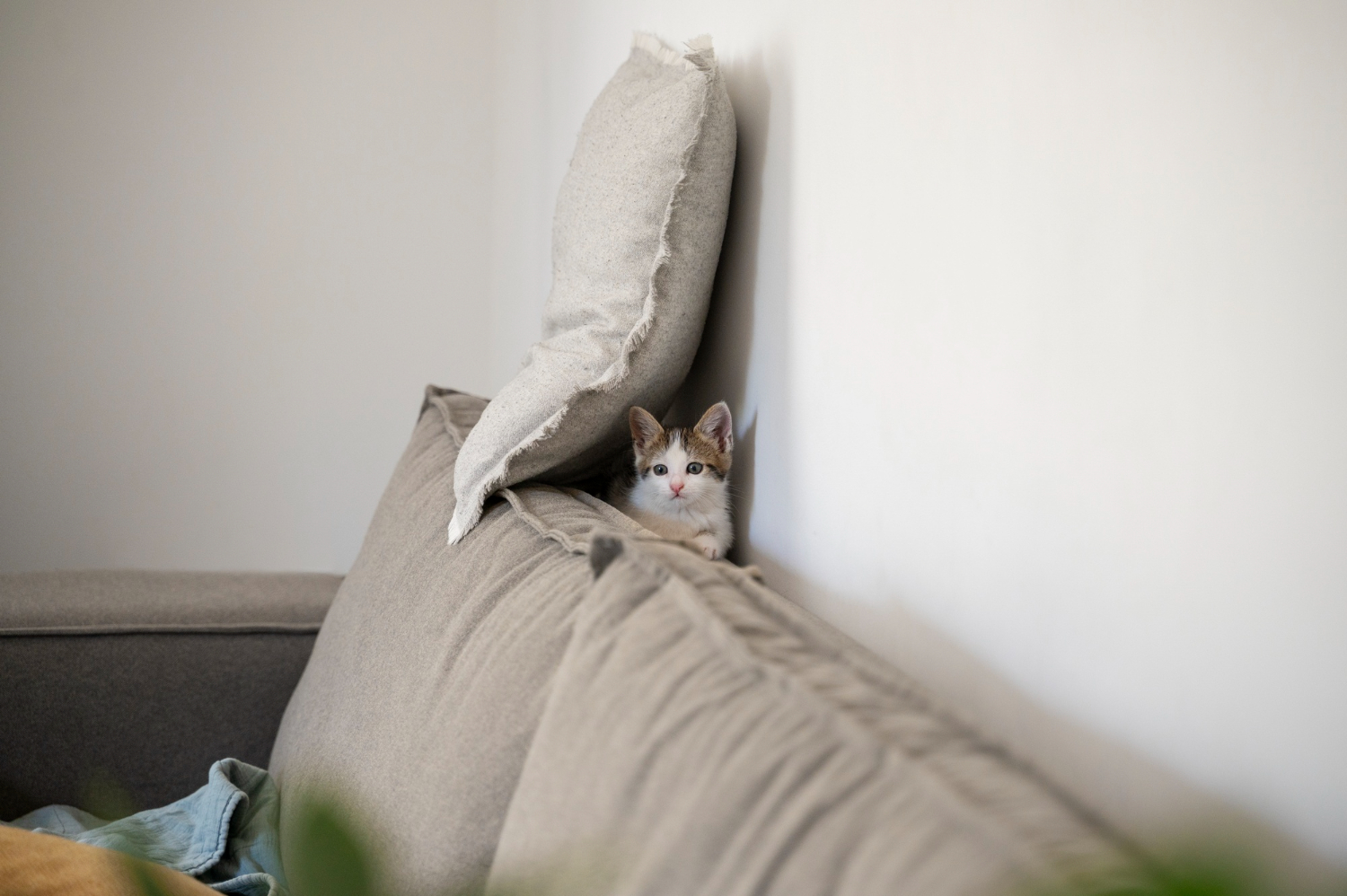Pet hides and avoids contact? It may be a warning sign
 Why pets hide from people (photo: Freepik.com)
Why pets hide from people (photo: Freepik.com)
Sometimes pets become quiet, silent, and seem to "disappear" from the house: they hide under the bed, in a closet, or seek solitude. Pet owners may not immediately pay attention, but sometimes this behavior is a red flag. When to raise the alarm and what to do in such a situation?
Sudden change in habits
If a pet that was usually active and playful suddenly starts avoiding people and spends most of the time hiding, this may be the first alarming sign. It is especially concerning if the animal stops responding to familiar stimuli—toys, food, or the owner's voice.
The changes may be subtle at first, but it is important to attentively observe the details. This could be a reaction to pain, stress, or even age-related changes. Sometimes it's worth mentally going back a few days—maybe something triggered this behavior.
When it’s a sign of illness
Often, avoidance of contact is linked to physical discomfort. An animal may hide if it has a stomachache, backache, or even toothache. It could also be a symptom of an infection or an inflammatory process.
Sometimes this behavior is accompanied by other signs: loss of appetite, lethargy, or fever. If the behavior lasts more than one or two days, it’s a reason to contact a veterinarian.
Stress or fear
Relocation, renovations, a new person in the home, or loud noises—all these can strongly affect an animal's psyche. Some cats or dogs respond to stress by trying to "disappear"—they seek quiet and safety. This is their natural response to perceived danger.
It’s important not to force the animal out of hiding, but instead to create a calm environment. Sometimes just a few days of quiet, affection, and stability are enough to return the pet to normal behavior.

When a pet hides, it can be a sign of serious problems (photo: Freepik.com)
Social anxiety or trauma
Animals that have experienced abuse or have come from the street into a new home may be very cautious. They do not always trust people immediately and may avoid contact for a long time.
This is a normal protective mechanism, and it takes time for it to fade. Patience, gentle communication, and calmness will help build trust. Over time, the animal will begin to open up if there is no pressure or yelling.
Seasonal mood changes
Just like people, animals can react to seasonal changes, a drop in temperature, or shorter daylight hours. Some become less active in the fall or winter. They sleep more, play less, and may even avoid walks.
This is not always a sign of illness, but if it lasts more than a month, it’s worth paying attention to. Sometimes it’s a matter of diet or a lack of vitamins.
How to help your pet
First of all, observe and don’t ignore the changes. If the animal hides, don’t yell or force it to come out. It’s better to offer treats, speak in a calm voice, or simply stay nearby. If you have doubts, don’t delay a visit to the veterinarian or an animal behavior specialist.
Sources:
Websites Scientific American and DIY Joy.
This material is for informational purposes only and should not be used for medical diagnosis or self-treatment. Our goal is to provide readers with accurate information about symptoms, causes, and methods of detecting diseases. RBС-Ukraine is not responsible for any diagnoses that readers may make based on materials from the resource. We do not recommend self-treatment and advise consulting a doctor in case of any health concerns.

